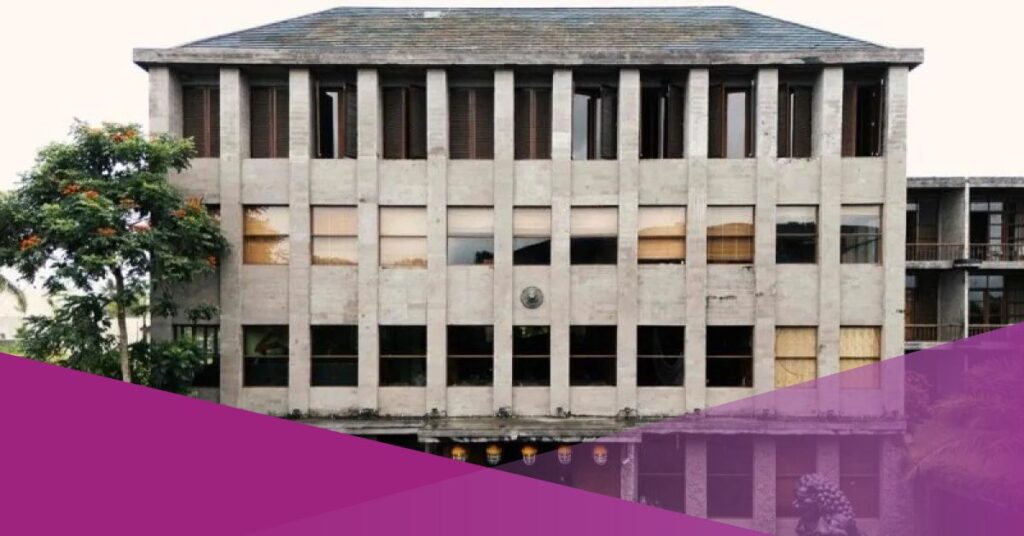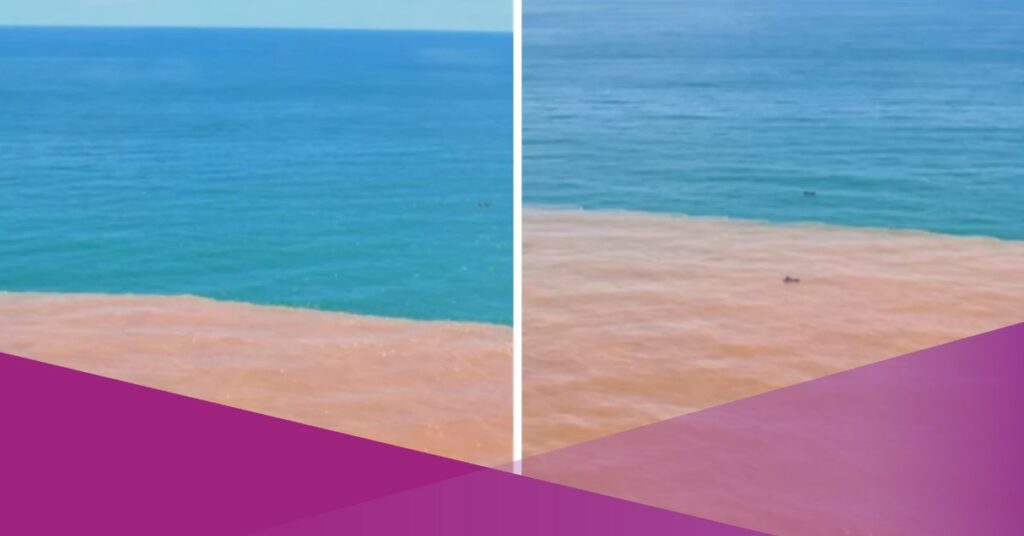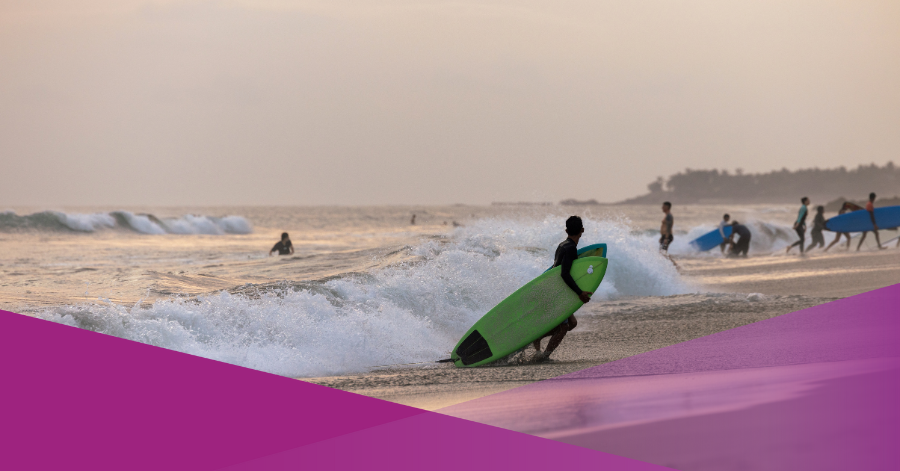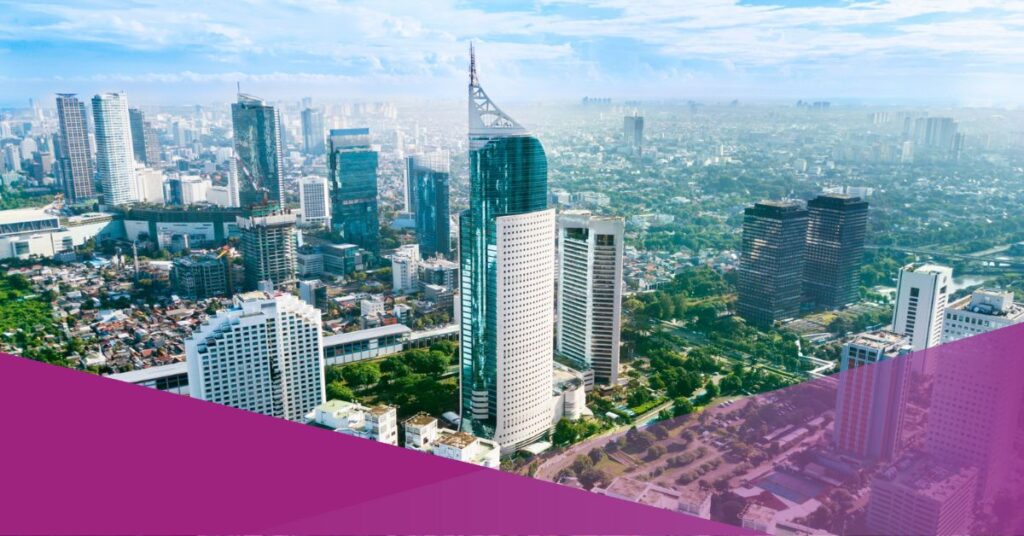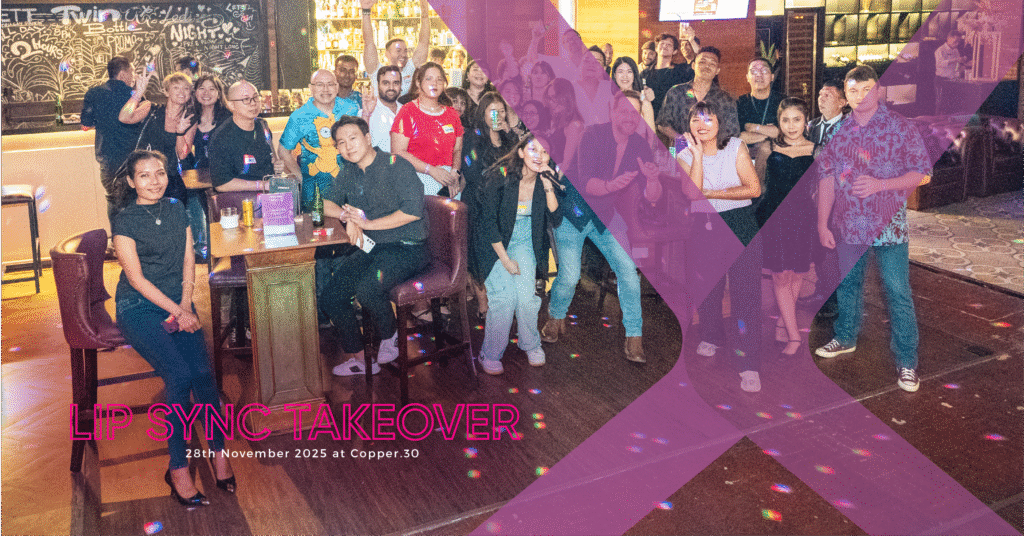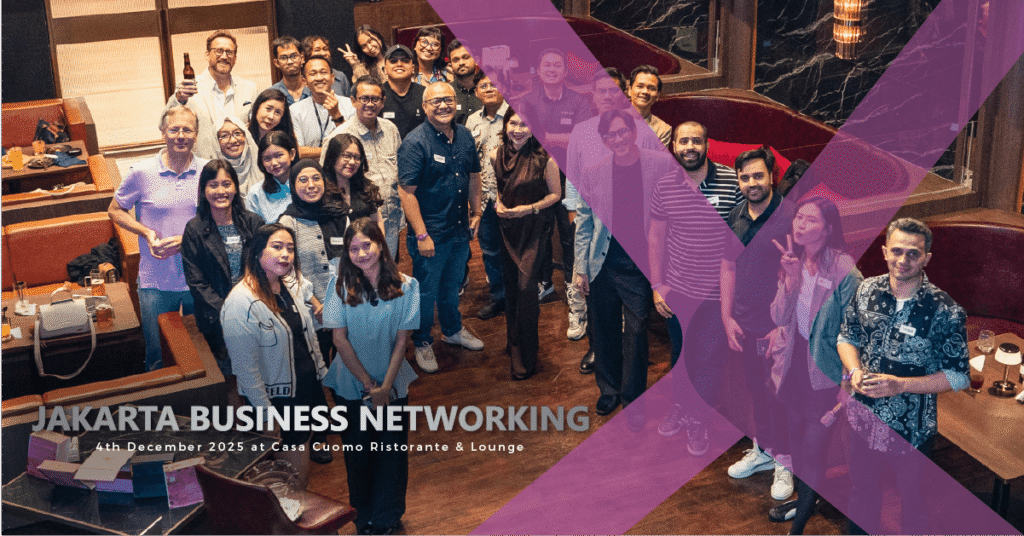ParQ Ubud, previously known as “Kampung Russia”(Russian Village), has officially been closed and acquired by a new investor following government action earlier this year.
On 20 January 2025, Gianyar Regency’s Civil Service Police Unit (Satpol PP) ordered the closure of the property due to multiple regulatory violations.
These included breaches of Article 19 paragraph 3 of Gianyar Regional Regulation Number 15 of 2015 on Public Order and Community Peace, as well as Gianyar Regional Regulation Number 2 of 2022 on Risk-Based Licensing.
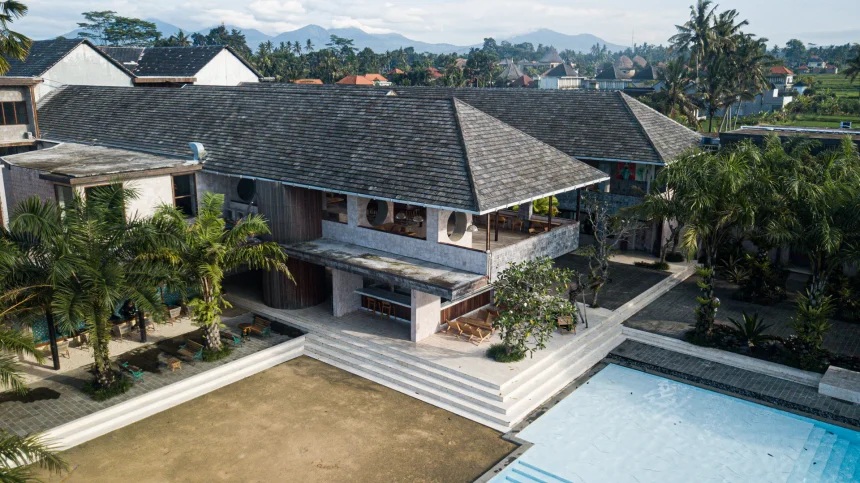
Located in Jalan Sriwedari, Tegallalang, Ubud, the complex consists of apartments, workspaces, restaurants, and other facilities. The site drew attention for its large community of foreign residents, which had raised public concern over regulatory and cultural issues.
Long-time Bali-based entrepreneur and investor Sergey Solonin has now formally acquired the property. The acquisition process was conducted in full compliance with Indonesian legal frameworks and with support from relevant authorities.
In an official statement quoted by Antara, Sergey Solonin expressed his intention to shed the “Russian Village” stigma attached to the site:
“Bali’s growth must go hand in hand with preserving its cultural identity. We are committed to aligning our efforts with the government’s vision to ensure responsible development, benefiting investors as well as the local community,” he said.
Solonin further added:
“This acquisition is the first step to show how that can be realised.”
He also acknowledged the previous disruption’s impact on the surrounding community and workers:
“One of our top priorities is to restore public confidence and ensure that employment opportunities, especially for local workers, are maintained and expanded,” he stated.
Demolition Required for Structures Violating Green Belt Regulations
Despite the new management, ParQ Ubud still faces significant legal and environmental challenges. The Gianyar Regency Government has confirmed that parts of the complex were constructed on protected rice fields categorised under LSD (Lahan Sawah Dilindungi – Protected Paddy Fields) and LP2B (Sustainable Food Agriculture Land), which prohibits development.
On 23 June 2025, Gianyar Regent Made Mahayastra reiterated the government’s stance:
“All business actors including investors must comply with applicable regulations, including not violating green belt or LSD / LP2B zones,” he said, adding that permits are issued only in accordance with regulatory guidelines.
Ni Luh Djelantik, a member of the Regional Representative Council (DPD RI) from Bali, also confirmed plans for partial demolition.
“1.8 hectares of the total ParQ Ubud land is included in protected rice fields. It is that part that is said to be demolished, not all buildings,” she explained.
She also disclosed that discussions with the new investor had taken place:
“A while ago, I met the investor who took over. I asked them to dismantle the part that was built on LSD and return its function to open land. The media will be informed about the date. The mecarunya ceremony is being prepared for its dewasa ayunya (auspicious day),” she told detikBali on 10 June 2025.
Ni Luh also urged the new management to consider rehiring former employees who lost their jobs amid the earlier legal issues:
“Former ParQ Ubud workers who were previously forced to resign should be prioritised in the re-interview process,” she stated.
Details regarding the next stages of redevelopment, including project designs and timelines, are expected to be announced shortly.
